On June 11th, 1990 Dead Can Dance released their fifth studio album Aion on 4AD Records, a record that further explored the band’s journey into various classical, obscure, and world music styles.
This was the first album from Dead Can Dance that Lisa Gerrard and Brendan Perry recorded following the conclusion of their romantic partnership, and also the first album recorded at Perry’s new estate, at Quivvy Church in Ireland.
The album cover shows a detail from the Dutch painter Hieronymus Bosch’s triptych The Garden of Earthly Delights in particular, its central “Earth” panel, placed between representations of Eden and hell. Here in a transparent bubble, a naked couple sits inside, which Perry has said that it: “reminded me of myself and Lisa transported back to the past in a kind of alchemical, alembic time machine.”
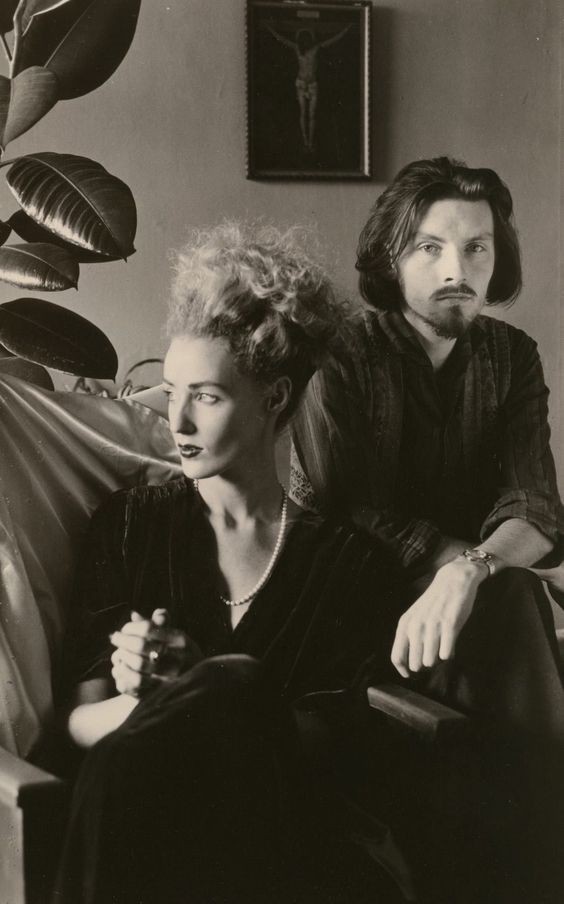
For Aion, Dead Can Dance focused on medieval, and Renaissance music, as Perry noted, “synonymous with the Bosch period”; this included pieces like the 14th-century Italian dance instrumental (“Saltarello”) and 16th-century Catalan ballad (“The Song of the Sibyl”), lyrics from 17th-century Spanish baroque poet Luis de Góngora (“Fortune Presents Gifts Not According to the Book”), and instrumentation such as hurdy-gurdy and viols.
In describing his inspiration for the music on the album Aion, Brendan Perry further elaborated:
“We’ve listened to almost nothing else in the last two years except troubadour and trouvere music (music that developed in 12th and 13th century France, resulting from a fusion of European secular folk music and Oriental instruments and influence brought back by the crusaders).”
Perry summarised the themes on Aion (a Latin transliteration from a Greek word, referring to ‘life’ or ‘lifespan’) as:
“Existence, our role in the world, the problem of whether or not we control our own destiny, and how we should make provisions and not put too much faith in fate.”
Through Aion, Dead Can Dance envision an idealized Middle Ages unsullied by our modern society and industrial complex run by corporations, or a “culture that just keeps churning out robots,” as Lisa Gerrard described it during interviews around band’s initial foray into medieval styles of music.
On the resulting despair, she elaborated further:
“People are not content with their lot in life … They can sense that there’s something else living in their unconscious being … we’ve been brought up to deny the inner being”.
On the simplicity of past eras, Brendon Perry muses:
“I’m very interested in medieval society because the actual structure was very simple to understand. The relation of music and religion and other aspects portrayed more things simply. We live in a world now, which is far more complex”
In a later interview, Perry concludes:
“What on earth is music for anyway, but a way to transcend the everyday common world. It’s through music that we pretend to be something else, somewhere else, and at some other point in time”
Aion features one of Dead Can Dance’s live mainstays, “Black Sun”. Listen below.



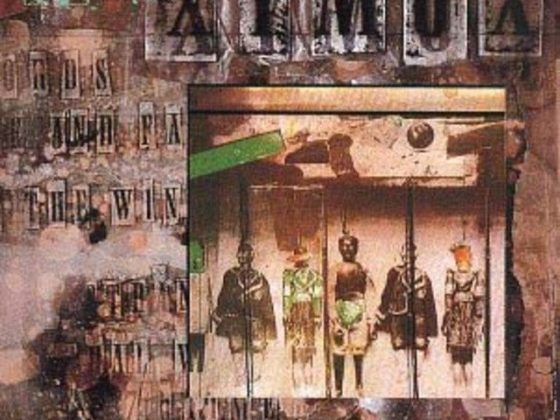
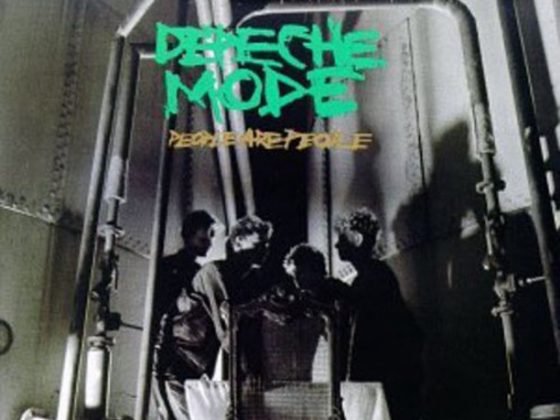






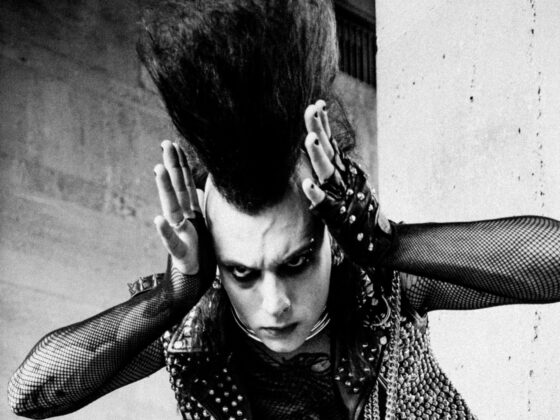

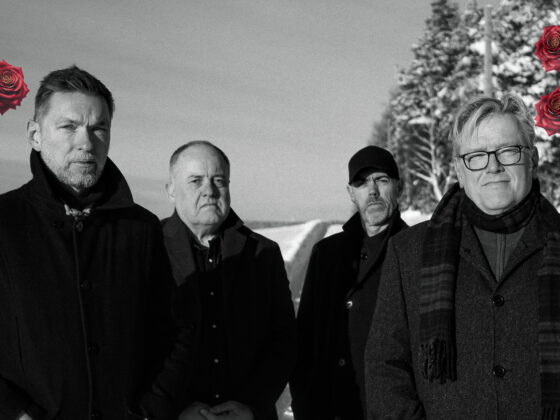

 Or via:
Or via: